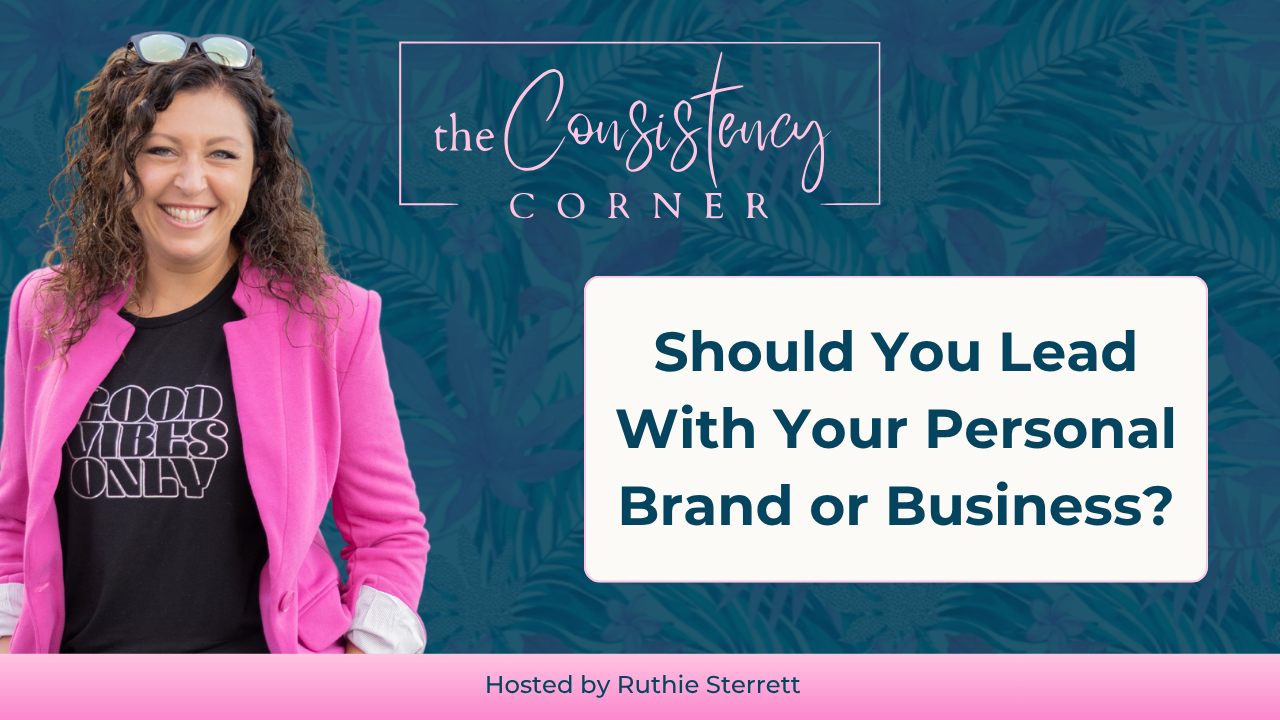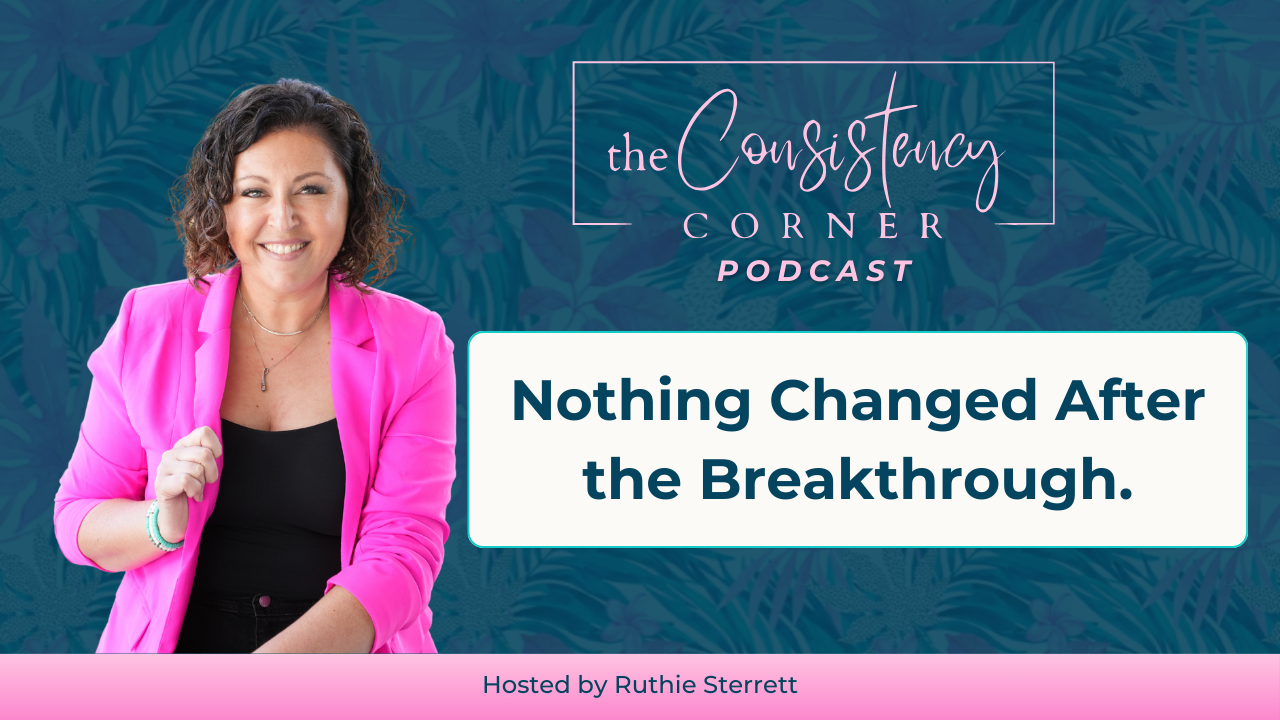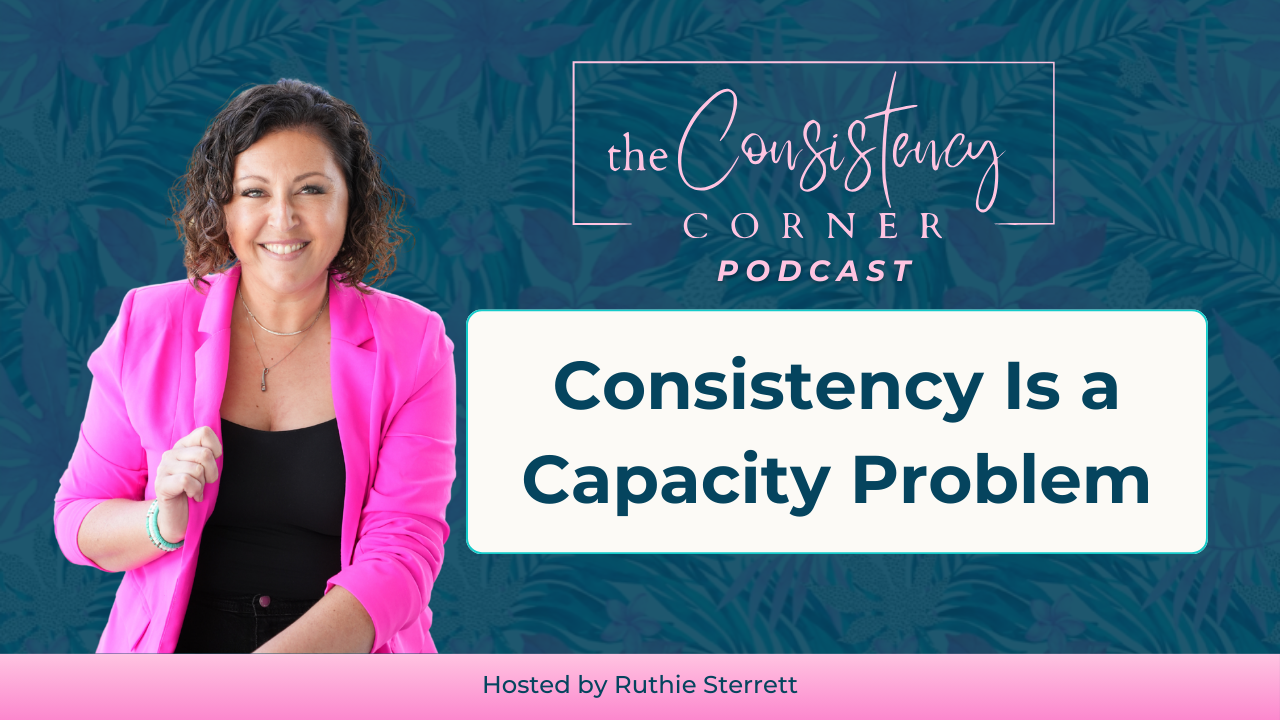Should You Lead With Your Personal Brand or Business?

Personal Brand vs. Business Brand: What Every Founder Needs to Know
If you're a founder or CEO of a growing brand—especially one serving moms—you’ve likely wrestled with the question: Should I focus more on my personal brand or my business brand?
The short answer? It depends.
Both types of branding serve a purpose, and the best approach often lies in a strategic blend tailored to your business goals, stage of growth, and available bandwidth. Let’s break down how to navigate this decision and build a brand presence that grows with you.
Why Personal Branding Still Matters in 2025
People connect with people. Even as brands scale and evolve, audiences crave authenticity, personality, and story. That’s why personal brands have become so powerful—especially for founders.
As the face of your business, your personal brand:
- Builds trust and relatability
- Establishes you as a thought leader
- Adds depth and credibility to your offers
- Humanizes your company in a crowded digital landscape
And no—this doesn’t mean you need to show up 24/7, dance on reels, or share every detail of your personal life. A strong personal brand simply means having a clear, intentional presence online that reflects your values, voice, and expertise.
When to Prioritize a Company Brand
As your business scales, a company brand becomes essential. It allows you to:
- Build a cohesive brand beyond just you
- Grow a team and create a sense of collective ownership
- Position your business as a standalone entity
- Make room for scalability, partnerships, and long-term legacy
If you’ve already built a team or plan to expand soon, putting energy into your company brand will create a stable foundation for growth.
But here’s the key: Just because you’re building a company brand doesn’t mean your personal brand disappears. It evolves into a leadership platform that supports and elevates your business.
Can You Do Both? Yes—Strategically.
Many founders feel torn between the two, but this isn’t an either/or situation. It’s about sequencing and strategy.
Ask yourself:
- Are you still a solopreneur or beginning to grow a team?
- Do you have the capacity to manage content for two brands?
- Which brand is more aligned with your current goals?
If you’re in the early stages, your personal brand can lead while your company brand holds a placeholder presence. As you scale, the roles may shift.
What you can’t do sustainably is try to grow both aggressively at the same time without support. Marketing, especially on social media, is a full-time job. Delegation and clarity around content roles are essential.
A Few Smart Tips to Move Forward
- Start with your bandwidth. Focus your energy where you can be most consistent.
- Define the roles. Let your personal brand be the voice, vision, and thought leadership. Let your company brand hold the service and scalability.
- Create shared values. Make sure both brands align in mission and messaging, even if the tone differs.
- Delegate execution. You don’t need to write every post—especially as your business grows.
Final Thoughts
Your brand strategy should reflect where you are and where you’re going—not where you think you should be. Whether you lead with your name or your business name, the most powerful brands are built with intention, clarity, and connection.





